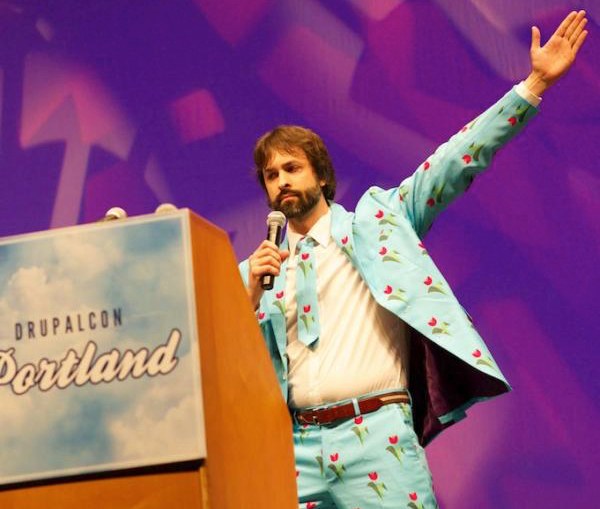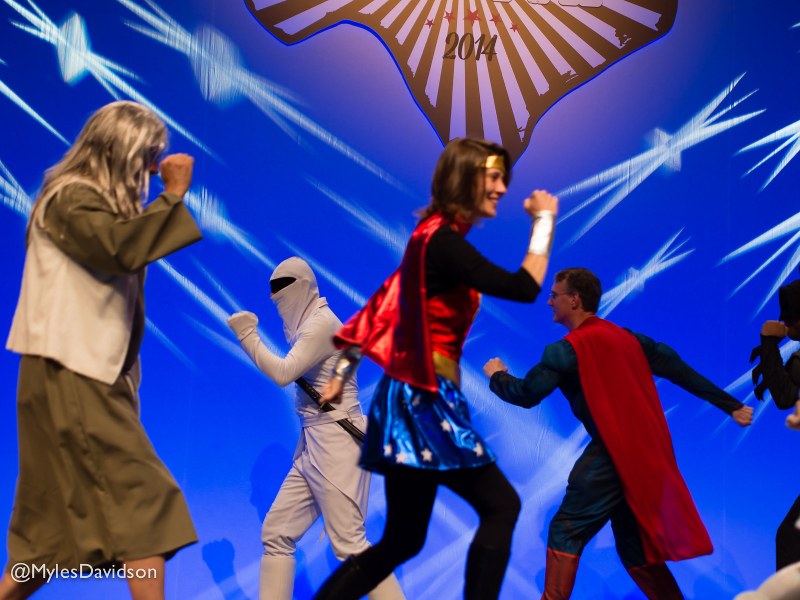
By Marc Eliot Stein, April 30, 2022
Activists and advocates for a humane planet have enough to cope with in 2022. But we also need to pay special attention to the rapid pace of change in our world, because a few developments in fields of advanced technology are already impacting the possibilities of what people, communities, organizations, governments and military forces can do on a global level.
It can be perplexing to talk about trends like blockchain, Web3, artificial intelligence and cloud computing, because they seem to have the potential to impact our future in terrible ways and in miraculous ways at the same time. Some peace activists wish to shut out all the noise, but we cannot let our movement fall behind in grasping the many surprising and uncontrollable things that are happening at the same time in our shared technology spaces. That’s why I spent episode 35 of the World BEYOND War podcast talking to Robert Douglass, an innovative open source software developer, writer and artist currently living in Cologne, Germany and working as VP of Ecosystem for the Laconic Network, a new blockchain project. Here are a few of the topics we talk about:
How are cryptocurrency and bitcoin affecting funding for war? Robert brings up a disturbing reality about the current disastrous war between Russia and Ukraine: it’s easy for private individuals and organizations to fund forces on both sides with bitcoin or other untrackable cryptocurrencies. The fact that the New York Times and CNN aren’t reporting on this new form of military funding doesn’t mean it’s not having an impact on the flow of weapons into this war zone. It just means that the New York Times and CNN might not know what’s going on here either.
What is Web3 and how can it protect our freedom to publish? We are born with government-approved identities that give us access and privilege. In the age of online work and social media, we allow US-centric corporations like Google, Facebook, Twitter and Microsoft to grant us a second level of identity that also gives us access and privilege. Both of these types of “identity infrastructure” are controlled by large forces beyond our control. Web3 is a new trend that promises to allow a new level of peer to peer social interaction and digital publishing beyond the control of corporations or governments.
Who has access to the significant power of artificial intelligence? In a previous episode, we talked about military and police use of artificial intelligence. In this month’s episode, Robert calls attention to another big problem with the fast-growing field of AI software: the key to artificial intelligence is the use of vast, expensive datasets. These datasets are in the hands of powerful corporations and governments, and are not shared with the public at large.
Have we let tech giants quietly take ownership of our web servers? The phrase “cloud computing” doesn’t sound scary, but maybe it should, because the rise of Amazon Web Services (AWS) and other cloud offerings from Google, Microsoft, Oracle, IBM, etc. has had a disturbing effect on our public internet. We used to own our web server infrastructure, but we now rent it from tech giants and are newly vulnerable to censorship, privacy invasion, price abuse and selective access.
Are the world’s open source software communities staying healthy? The last few years have brought global shocks: new wars, the COVID pandemic, climate change, rising wealth inequality, fascism around the world. What effect are our latest cultural shocks having on the health of the wonderful, generous and idealistic international open source communities that have long provided a backbone of human awareness and collaborative spirit to help software developers all over the world? Our planet seems to have become more openly greedy and violent in recent years. How can the open source software movements that have been so critical to internet culture avoid being dragged down by these culture shocks?
The question of the health of open source communities was deeply personal for both me and Robert Douglass, because we were both part of the lively community that maintained Drupal, a seminal free web content management framework. Pictures on this page are from Drupalcon 2013 in New Orleans and Drupalcon 2014 in Austin.
Listen to the latest episode:
The World BEYOND War Podcast page is here. All episodes are free and permanently available. Please subscribe and give us a good rating at any of the services below:
World BEYOND War Podcast on iTunes
World BEYOND War Podcast on Spotify
World BEYOND War Podcast on Stitcher
World BEYOND War Podcast RSS Feed
Musical excerpts for episode 35 from J.S. Bach’s Goldberg Variations performed by Kimiko Ishizaka – thanks to Open Goldberg!

Links mentioned in this episode:
Robert Douglass’s blog on Peak.d (an example of Web3 in action)
Interplanetary File System (a blockchain-powered archive project)








